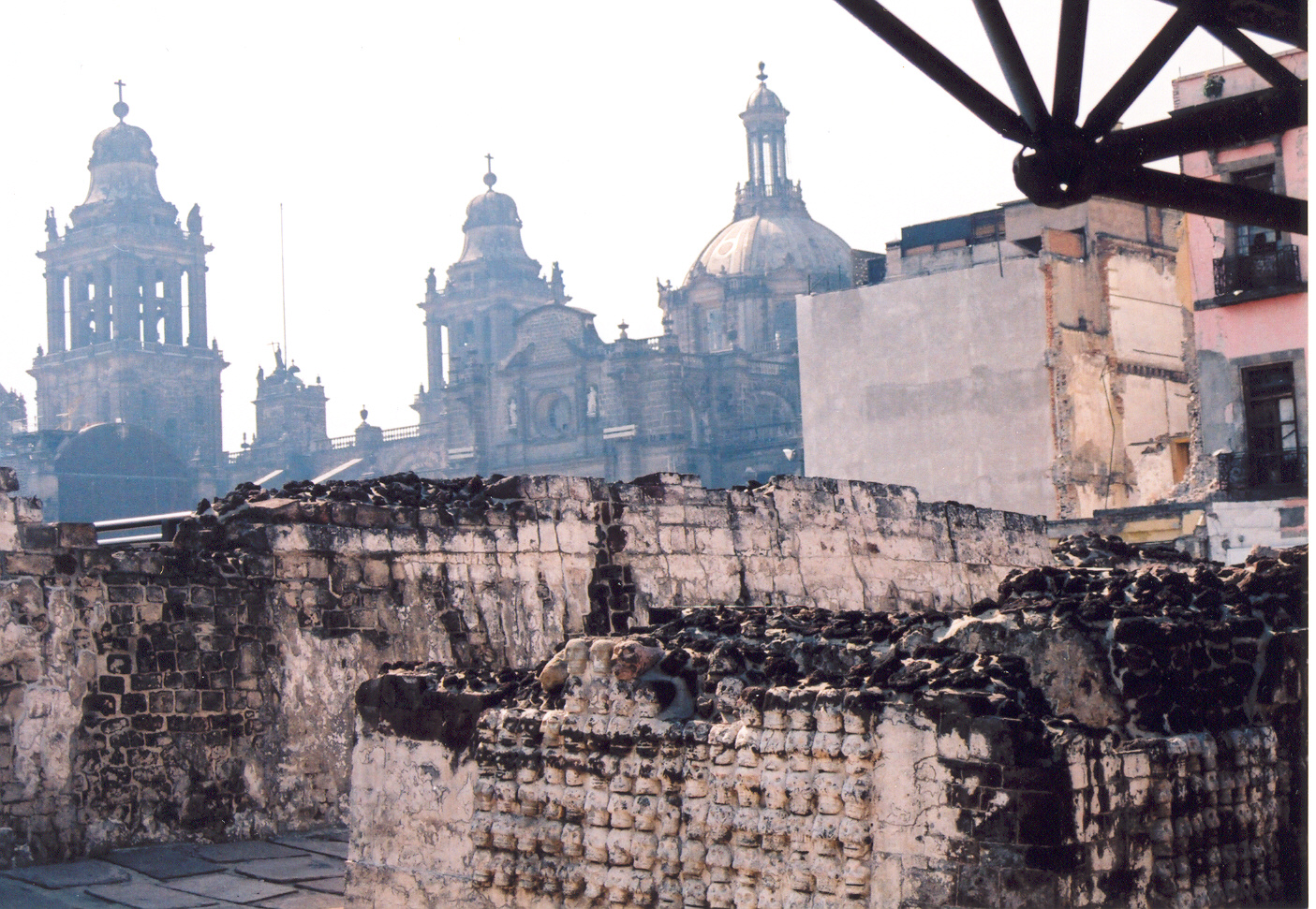The Aztec Legacy: Discovering Mexico City’s Ancient Civilization
Mexico City, the bustling capital of Mexico, is a city steeped in rich history and culture. One of the most fascinating aspects of the city is its connection to the Aztec civilization, which once ruled the area. From the Templo Mayor, the Great Temple of the Aztecs, to the National Museum of Anthropology, which houses an impressive collection of Aztec artifacts, there are plenty of opportunities to explore Mexico City’s ancient past.
A visit to the Templo Mayor, located in the heart of the city’s historic center, is a must for any traveler interested in the Aztec civilization. The temple was one of the most important religious and cultural centers of the Aztecs and was dedicated to their two main gods, Huitzilopochtli and Tlaloc. The ruins of the temple were rediscovered in the 1970s and are now open to the public for exploration.
Another must-visit destination is the National Museum of Anthropology, which is home to the largest collection of pre-Columbian art and artifacts in the world. The museum features numerous exhibits dedicated to the Aztecs, including a full-scale replica of the Templo Mayor. Visitors can also see other important Aztec artifacts such as the Aztec Calendar Stone, the largest stone carving from ancient Mexico.
For a truly immersive experience, travelers can visit the nearby archaeological site of Teotihuacan, an ancient city that was once home to over 100,000 people. Here, visitors can climb the towering Pyramid of the Sun and Pyramid of the Moon, explore the Avenue of the Dead, and learn about the daily life of the Aztecs.
In addition to these ancient sites, Mexico City also offers a vibrant modern culture with plenty of opportunities to immerse oneself in local art, music, and cuisine. The city is known for its colorful street art scene, with numerous murals and installations dotting the city’s neighborhoods. There are also numerous museums and galleries dedicated to contemporary art, including the Museum of Modern Art and the Tamayo Contemporary Art Museum.
Food is another important aspect of Mexican culture, and Mexico City is known for its delicious cuisine. From street tacos to gourmet dining, the city’s food scene is diverse and flavorful. Travelers can sample local delicacies such as chilaquiles, mole, and tamales, as well as enjoy traditional Mexican drinks like mezcal and tequila.
Overall, Mexico City is a fascinating destination for travelers interested in history, art, culture, and cuisine. The city’s deep connection to the Aztec civilization offers a unique opportunity to explore an ancient culture, while its modern art scene and vibrant food culture provide a taste of contemporary Mexico.

